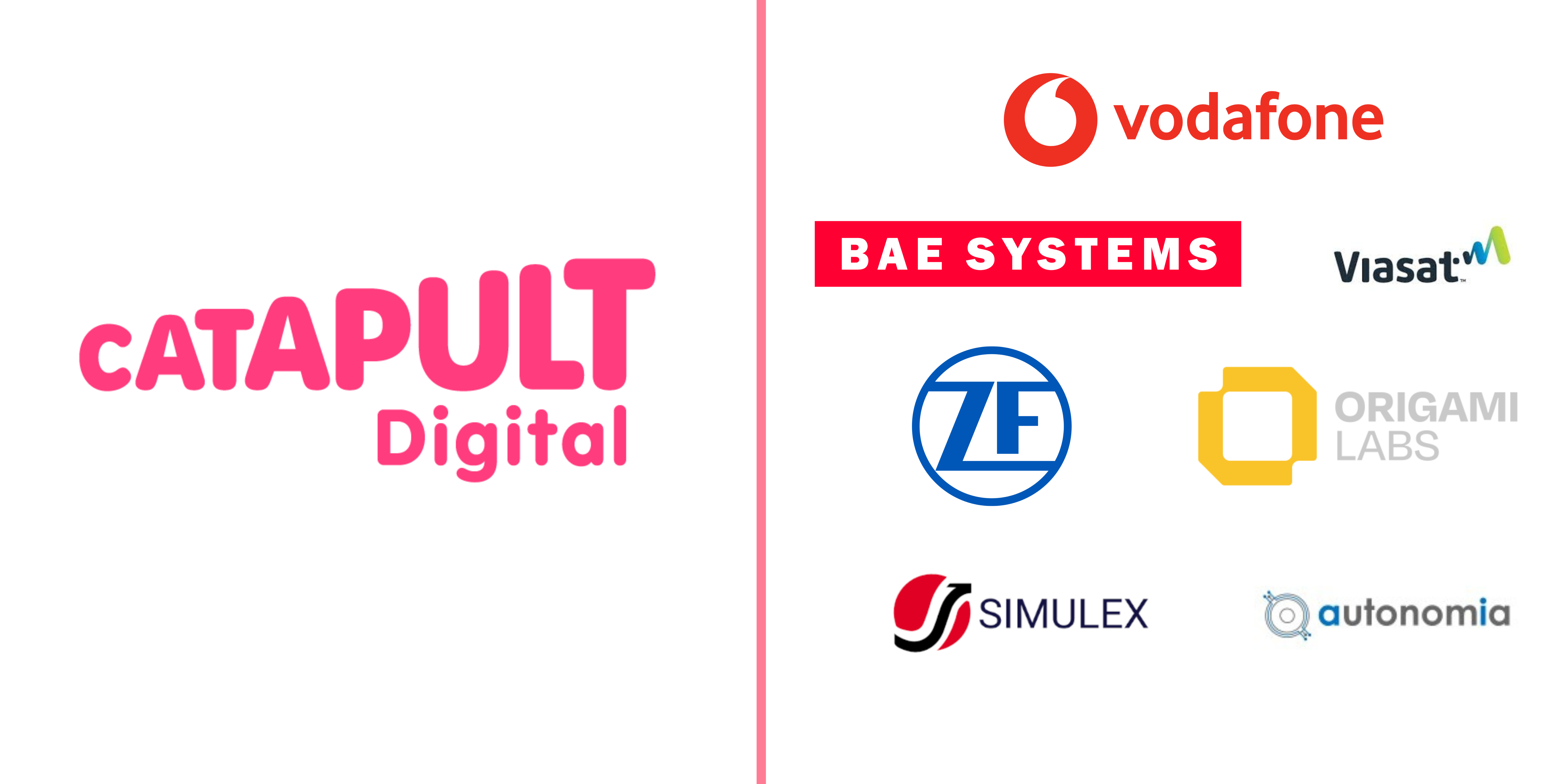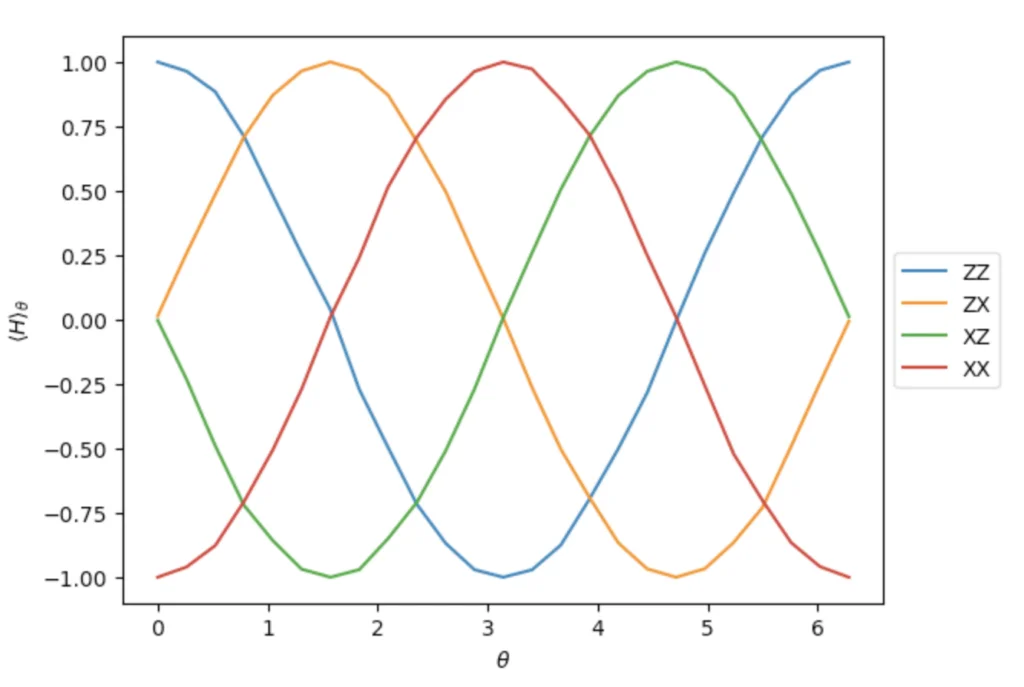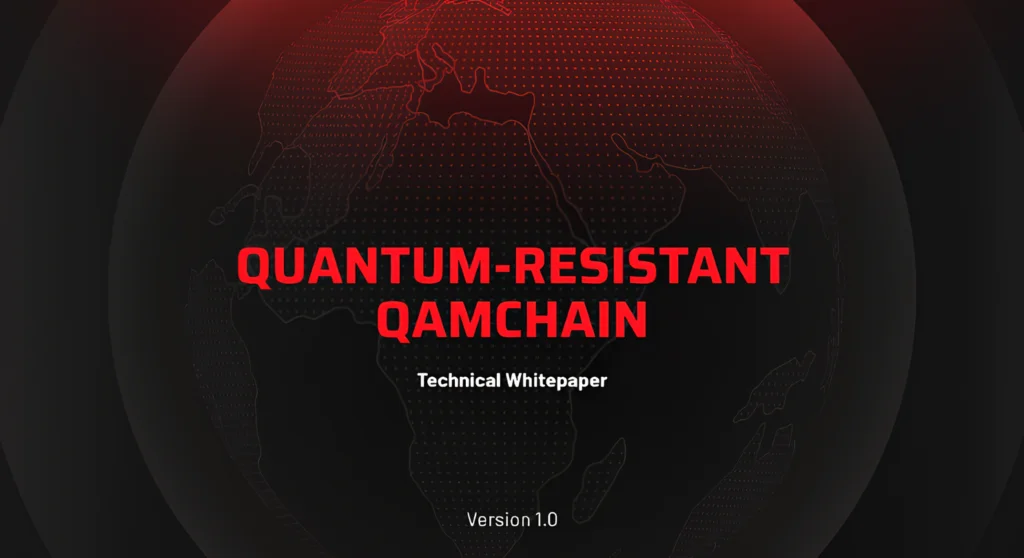Insider Brief:
- Seven businesses have joined Digital Catapult’s Quantum Technology Access Programme to fast-track quantum computing applications in sectors such as transport, defense, and telecommunications.
- The program, part of the ‘Quantum Data Centre of the Future’ project, combines quantum and classical technologies to explore real-world applications, with participants including BAE Systems, Vodafone, and startups like SIMULEX.
- Participants tackle challenges such as the NP-Hard Steiner Tree problem, optimizing telecom networks and exploring quantum solutions for machine learning, combinatorial optimization, and sustainability.
- The initiative is one example of how the UK is working towards promoting quantum innovation, increasing industry confidence, de-risking adoption, and contributing to the global quantum economy, projected to provide $450 billion by 2040.
PRESS RELEASE — In a recent update, seven businesses were announced to have joined Digital Catapult’s Quantum Technology Access Programme to accelerate the practical application of quantum computing and related deep tech. As detailed in the program’s announcement, the initiative is designed to support projects that tackle complex challenges in key sectors such as transport, defense, and telecommunications, while providing tailored consultancy and access to quantum capabilities.
Encouraging Industrial Growth in Quantum Tech
According to the release, the Quantum Technology Access Programme is part of the Innovate UK-funded ‘Quantum Data Centre of the Future’ project, which explores embedding quantum computers into classical data centers. This year’s cohort features names such as BAE Systems and Vodafone, alongside newer startups such as SIMULEX and Origami Labs. Their inclusion reflects the variety in industrial appetite for quantum solutions across diverse sectors.
“The clear demand for this innovation programme and associated consultancy services is testament to the growing maturity of quantum computing, the increasing interest from many industrial sectors and growing investor confidence,” noted Roger Mckinlay, Challenge Director for Quantum Technologies at UKRI. The inaugural program reportedly increased industry leaders’ confidence in quantum computing by 26%, with partners including Rolls Royce and Airbus showcasing early interest in quantum applications.

Defining Challenges and Exploring Use Cases
A primary focus of this year’s program is addressing sustainability and operational efficiency through tailored quantum solutions. Participating companies will investigate how quantum computing can solve problems like the NP-Hard Steiner Tree, which optimizes telecommunications networks by identifying the most efficient way to connect multiple points.
As Dr. Chloe AI, Quantum Researcher at Vodafone Group R&D, emphasized, “We’re excited to join the Quantum Technology Access Programme to further deepen our quantum knowledge and explore how quantum computing can enhance optimisation challenges like the Steiner Tree problem. This programme will provide valuable insights as we look to leverage quantum computing in areas such as machine learning and combinatorial optimisation.”
Digital Catapult’s Senior Quantum Computing Technologist, Daniel Goldsmith, highlighted the importance of such initiatives, stating, “The ‘quantum revolution’ is underway, and businesses need to innovate to incorporate quantum technologies into their operations if they are to succeed in the long term.”
A Cross-Industry Approach to Quantum Innovation
The breadth of this year’s participants reflects the wide-reaching potential of quantum technology. The cohort includes:
- BAE Systems: A global leader in defence and security technologies.
- Vodafone Group Services: Exploring quantum applications in telecommunications.
- ZF Automotive UK: Developing mobility systems for industrial and commercial vehicles.
- Viasat: A satellite communications provider tackling connectivity challenges.
- SIMULEX Limited: Innovating hydrogen integration for energy transitions.
- Origami Labs UK Ltd: Exploring AI and autonomy technologies for complex problems.
- Autonomia: Specializing in intelligent software solutions for mobility and energy ecosystems.
According to the release, research suggests quantum technology could contribute up to $450 billion to the global economy by 2040. With tailored consultancy and access to advanced technology, the program intends to de-risk quantum adoption and showcase its potential for solving pressing challenges.
Driving the Quantum Innovation for Maximum Impact
By bringing together industry leaders and emerging quantum experts, Digital Catapult’s accelerator program is one such facet of the UK’s commitment to advancing quantum innovation. As the release notes, the program is designed to create a ripple effect, increasing investor confidence while addressing global supply and demand imbalances for quantum solutions.















